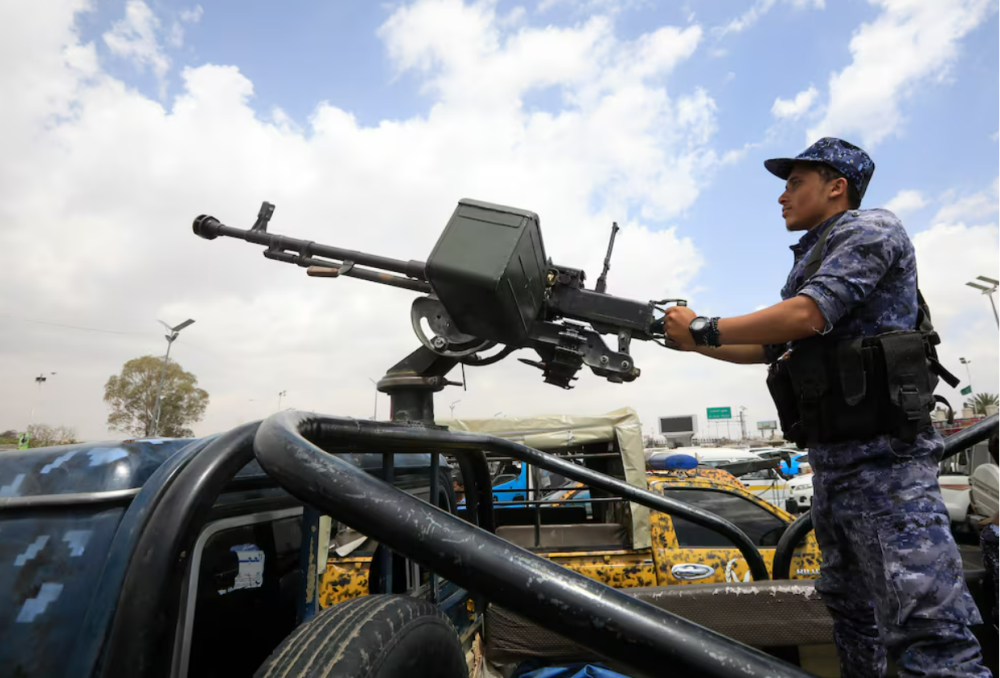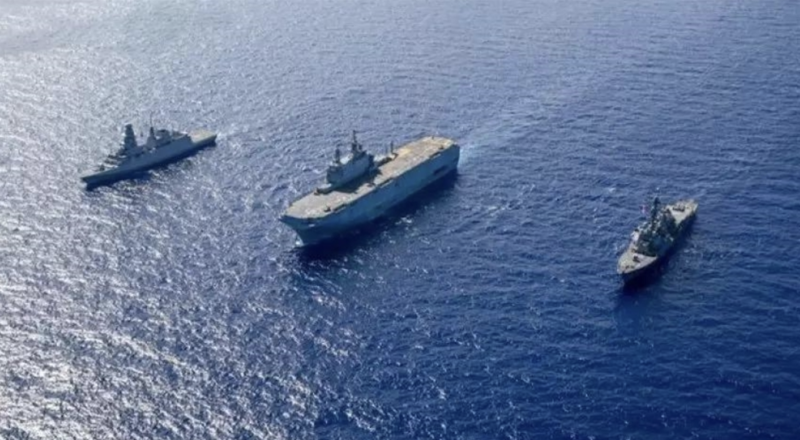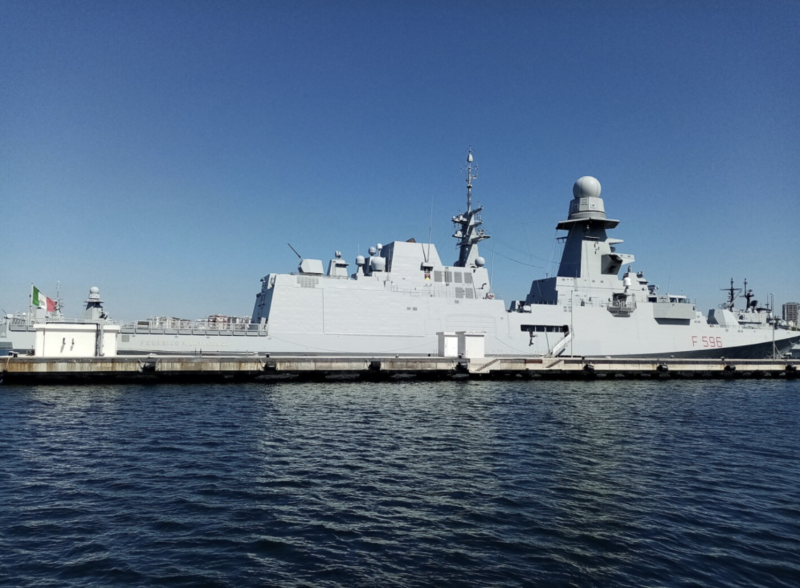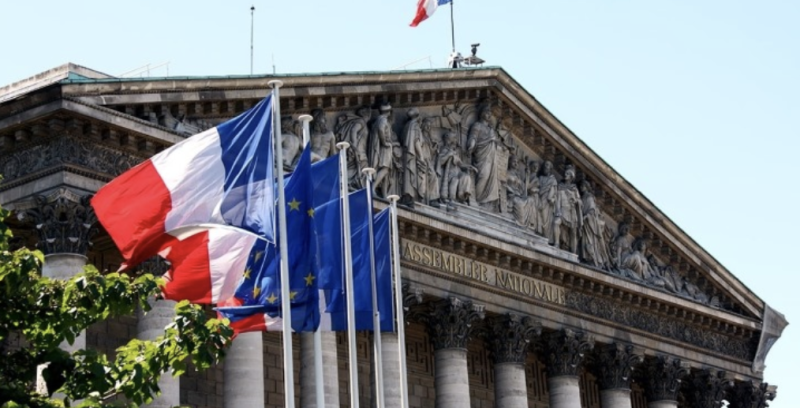Houthi attacks threaten Yemen peace efforts, warns UN special envoy


The UN's special envoy to Yemen, Hans Grundberg, said on Thursday that the longer Houthi attacks in the Red Sea continue, the more challenging the country's peace talks will become.
“With more interests at play, the parties to the conflict in Yemen are more likely to shift calculations and alter their negotiation agendas,” Mr Grundberg told the 15-member Security Council in New York.
“In a worst-case scenario, the parties could decide to engage in risky military adventurism that propels Yemen back into a new cycle of war.”
Mr Grundberg, who has been trying to mediate a ceasefire and launch a political process, said he had hoped, “and Yemenis had expected,” that by the holy month of Ramadan “we would have had an agreement on a nationwide ceasefire and measures to improve living conditions in Yemen.”
The Special Envoy called for maximum restraint to protect the peace process and “keep channels of communication open”.
Robert Wood, US deputy ambassador to the UN, said the number of countries affected by Houthi attacks in the Red Sea “increases each day” and that they have become a global challenge.
“We cannot afford to become complacent,” Mr Wood said.
“It is vital we speak with one voice in rejecting Houthi efforts to interfere with the exercise of navigational rights and freedoms in the Red Sea and the Gulf of Aden.”
The Iran-backed Houthi rebels, who control the capital Sanaa and much of the country's Red Sea coast, have launched missile and drone strikes against commercial vessels since November.
They claim they are acting in solidarity with Palestinians during the Israel-Gaza war.
The US and Britain have been launching strikes since January on Houthi targets in Yemen in response to the attacks, but have failed to stop the rebel group.
On Wednesday, the Houthis fired a anti-ship ballistic missile into the Gulf of Aden, without affecting any vessels, according to US Central Command.
The US is proposing a press statement, co-written with Japan, that condemns the Houthis in the strongest possible terms and demands that they cease their attacks in accordance with UN Resolution 2722, which states attacks on commercial vessels are “unjustifiable under any circumstances”.
The proposed statement underscores the council’s concern about foreign supplies of weapons to the Houthis and apparent breaches of an arms embargo.
“Of course, it is no secret that Iran provides weapons to the Houthis in violation of the UN arms embargo,” said Mr Wood.
“And so, we repeat our call for Iran to stop the weapons transfers, and other activities that help facilitate Houthi attacks in the Red Sea.”
Moscow's deputy UN ambassador Dmitry Polyanskiy said that US and UK action against the Houthis was increasing tension in the Red Sea rather than stabilising the region.
“Our American colleagues aren't letting that stop them because the only diplomacy that they recognise is gunboat diplomacy,” Mr Polyanskiy said.
“You can take various different views of the Houthis and their demands, but it is hard not to acknowledge that the crisis in the Red Sea was, to a greater or lesser extent, provoked by the brutal actions of Israel against hundreds of thousands of innocent Palestinians in the Gaza strip.”
The International Energy Agency said on Thursday that global oil demand is forecast to grow more than expected due to rising fuel needs of ships rerouted from the Red Sea.
“Disruptions to international trade routes in the wake of turmoil in the Red Sea are lengthening shipping distances and leading to faster vessel speeds, increasing bunker demand,” the agency said.

Mokha — Yemen is entering a highly sensitive stage as political and military developments accelerate, raising mounting warnings over the resu…

Red Sea — The European naval mission tasked with safeguarding international shipping lanes announced that an Italian frigate operating under…

Paris – The French Ministry of Foreign Affairs issued a statement expressing deep concern over the situation in Yemen, while reaffirming its…